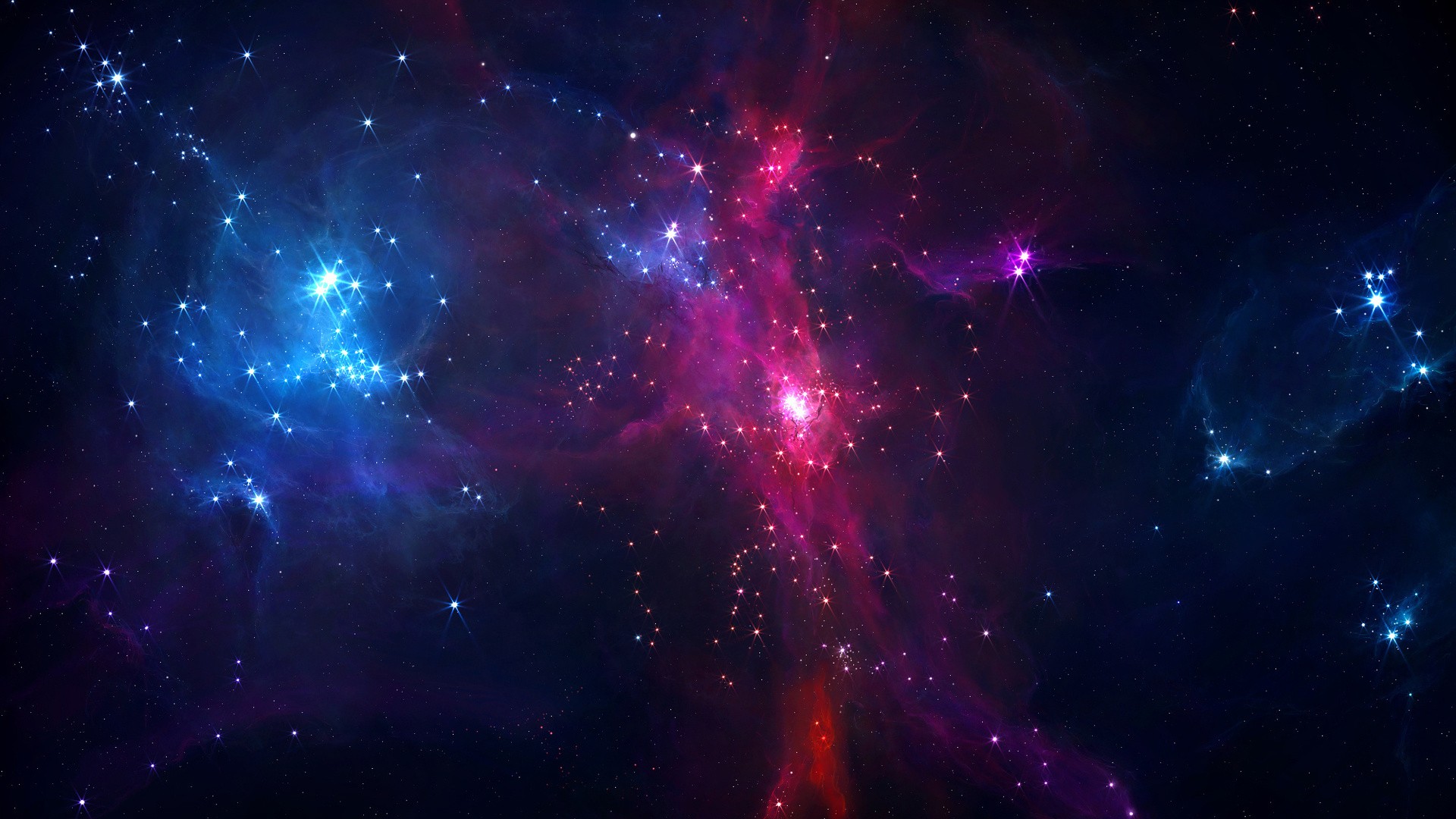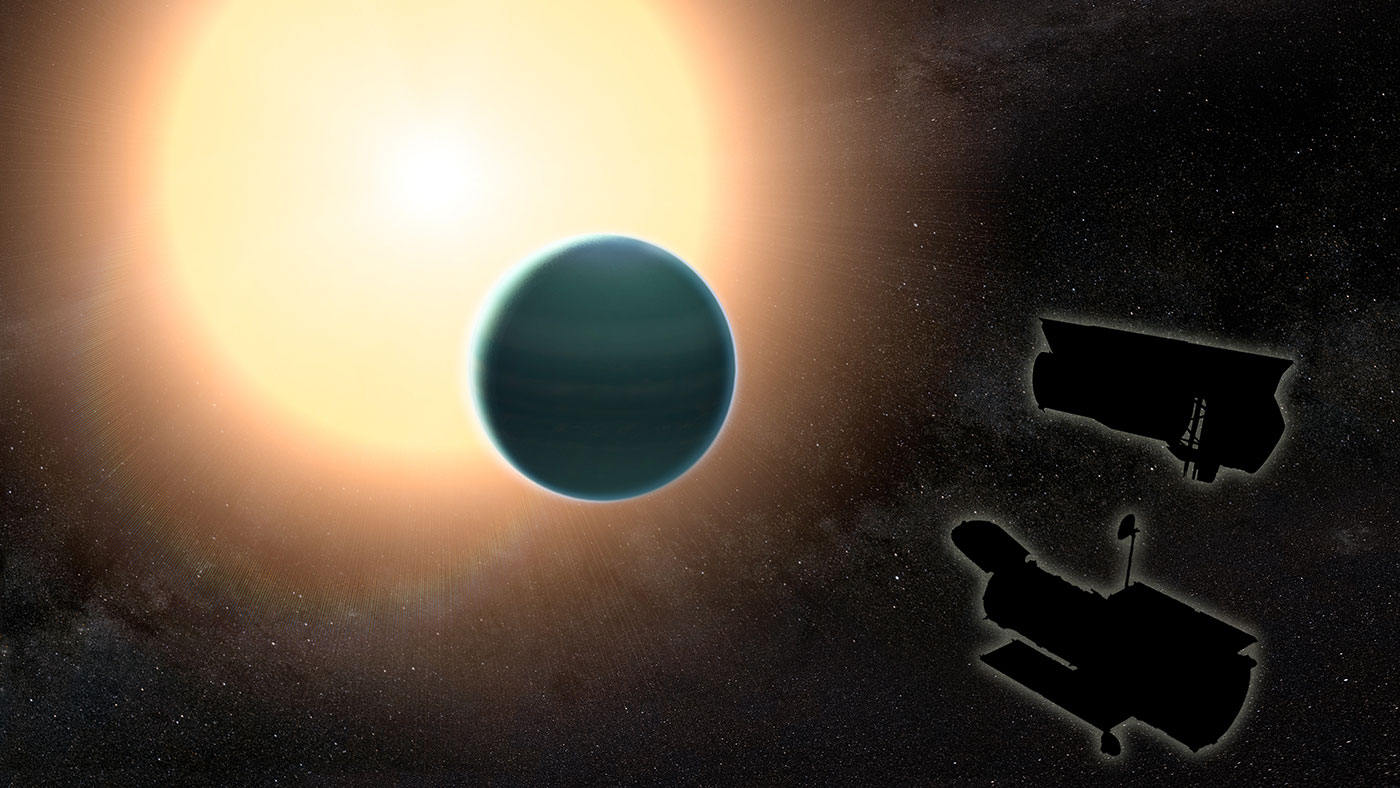
Spitzer has fundamentally changed astronomy textbooks. Recently the telescope batteries reached the end of their lives. The Spitzer team at NASA and the California Institute of Technology has no choice but to bid the spacecraft farewell.

Two instruments aboard NASA’s Spitzer Space Telescope – the Infrared Array Camera and the Multiband Imaging Photometer – have captured a spectacular image of the Cat’s Paw Nebula.

Recent observations by NASA's Hubble and Spitzer space telescopes of ultrahot Jupiter-like planets have perplexed theorists. The spectra of these planets have suggested they have improbable compositions.

Twice as big as Earth, the super-Earth 55 Cancri e was thought to have lava flows on its surface. Now, a new analysis finds this planet likely has an atmosphere whose ingredients could be similar to those of Earth.

A study from NASA’s Hubble and Spitzer space telescopes reveals that the distant planet HAT-P-26b has a primitive atmosphere composed almost entirely of hydrogen and helium.

The various spiral arm segments of the Sunflower galaxy, also known as Messier 63, show up vividly in a new image taken in infrared light by NASA